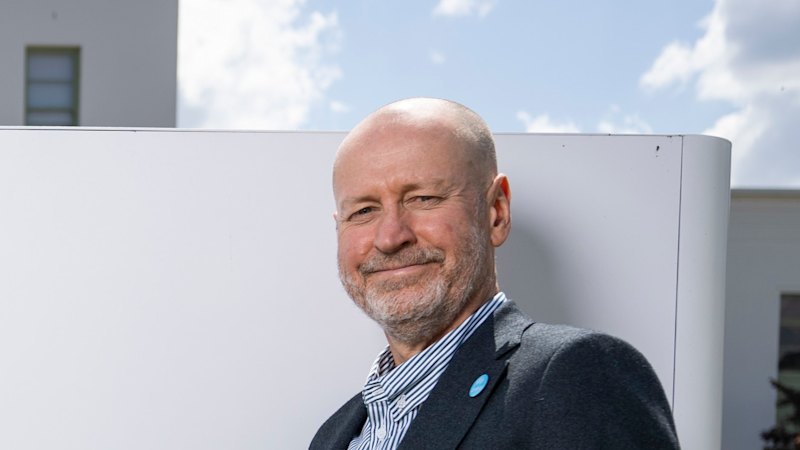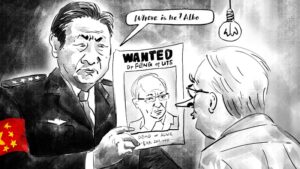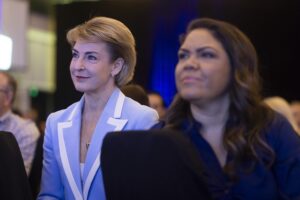
Concerns surrounding the integrity of cancer research in Australia have intensified following allegations against prominent researcher Professor Mark Smyth. The architect of the country’s current research integrity framework, Kim Carr, has declared that the system is no longer suitable and is advocating for the establishment of an independent scientific watchdog.
The controversy traces back more than a decade, with multiple investigations initially clearing Smyth of allegations related to research misconduct. However, the QIMR Berghofer research institute eventually found him guilty of serious misconduct, prompting a review of Australia’s research integrity system. The government announced its intention to ensure the framework “remains effective and fit for purpose” in response to these findings.
Calls for Independent Oversight
Carr, who served as minister for science from 2007 to 2011, emphasized that the existing self-governance by universities and research institutions presents a conflict of interest. “Self-governing bodies have a vested interest in not pursuing a rigorous inquiry,” he stated. Carr’s original model required institutions to handle such allegations internally, but he now believes this approach has proven inadequate.
A growing coalition is urging the establishment of an independent body to oversee research integrity. Supporters of this initiative include Doug Hilton, chief executive of the CSIRO, the Australian Academy of Science, and former heads of the National Health and Medical Research Council, among others. Even Universities Australia, historically opposed to such reforms, expressed support in 2023 for an independent research integrity body capable of conducting thorough investigations.
Former chief scientist Ian Chubb has voiced the need for a shift away from self-regulation, stating, “There is a lot of taxpayer and philanthropic money going into this area.” The president of the Australian Academy of Science, Professor Chennupati Jagadish, reaffirmed the organization’s commitment to advocating for independent oversight.
Investigations and Whistleblower Challenges
Throughout his tenure at the Peter MacCallum Cancer Centre in Melbourne, Smyth faced allegations of data falsification, leading to preliminary investigations that found sufficient grounds for further inquiry. However, he was ultimately cleared by the University of Melbourne. A witness from that inquiry, who spoke anonymously, argued that an independent body would have conducted a more rigorous investigation, free from institutional biases.
After transferring to QIMR Berghofer, concerns about Smyth’s research practices continued to emerge from his lab team. Despite two secret investigations by QIMR that found no wrongdoing, whistleblowers attempted to alert the Office of the Chief Scientist and the National Health and Medical Research Council about their concerns, only to be met with dismissals and redirections back to QIMR.
One whistleblower expressed frustration, stating, “We did not know who to complain to, and the people we thought we were supposed to complain to couldn’t help us.” They emphasized that an independent body could facilitate reporting not only on scientific integrity but also on issues like bullying and nepotism prevalent in academic research.
Former NHMRC head Warwick Anderson endorsed the idea of maintaining institutional investigations while establishing a central body to oversee them. This proposed entity would hold institutions accountable and could refer potential criminal activity to the federal police.
Amid this backdrop, Peter Whish-Wilson, a Greens science spokesman, pledged to advocate for the establishment of an independent body, asserting that it is essential in light of the current climate of misinformation surrounding science. “It’s not just for these kinds of cases,” he said, “it could actually be really useful.”
A spokesperson for Science Minister Tim Ayres defended Australia’s current research integrity framework, asserting that it is robust and requires compliance with the Australian Code for the Responsible Conduct of Research. The government is currently reviewing the existing system to ensure its effectiveness.
The call for reform in Australia’s research integrity framework reflects a growing demand for transparency and accountability in the scientific community, particularly in light of the significant public and private funding that supports research initiatives across the nation.





